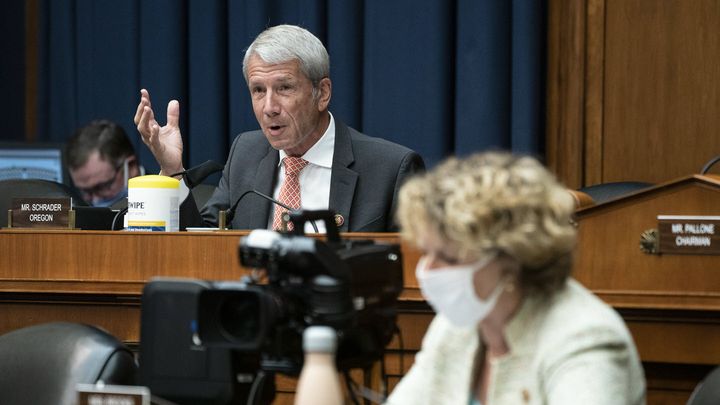Pharma Ally Kurt Schrader Cashes In on K Street

Summary
Schrader’s new lobbying employer works for numerous drug companies like Pfizer and Sanofi, plus industry trade association PhRMA.
Keep reading with a free trial
Unlock this article and get unlimited access to Sludge with a 14-day free trial. No commitment — cancel any time.
Already have an account? Sign in


